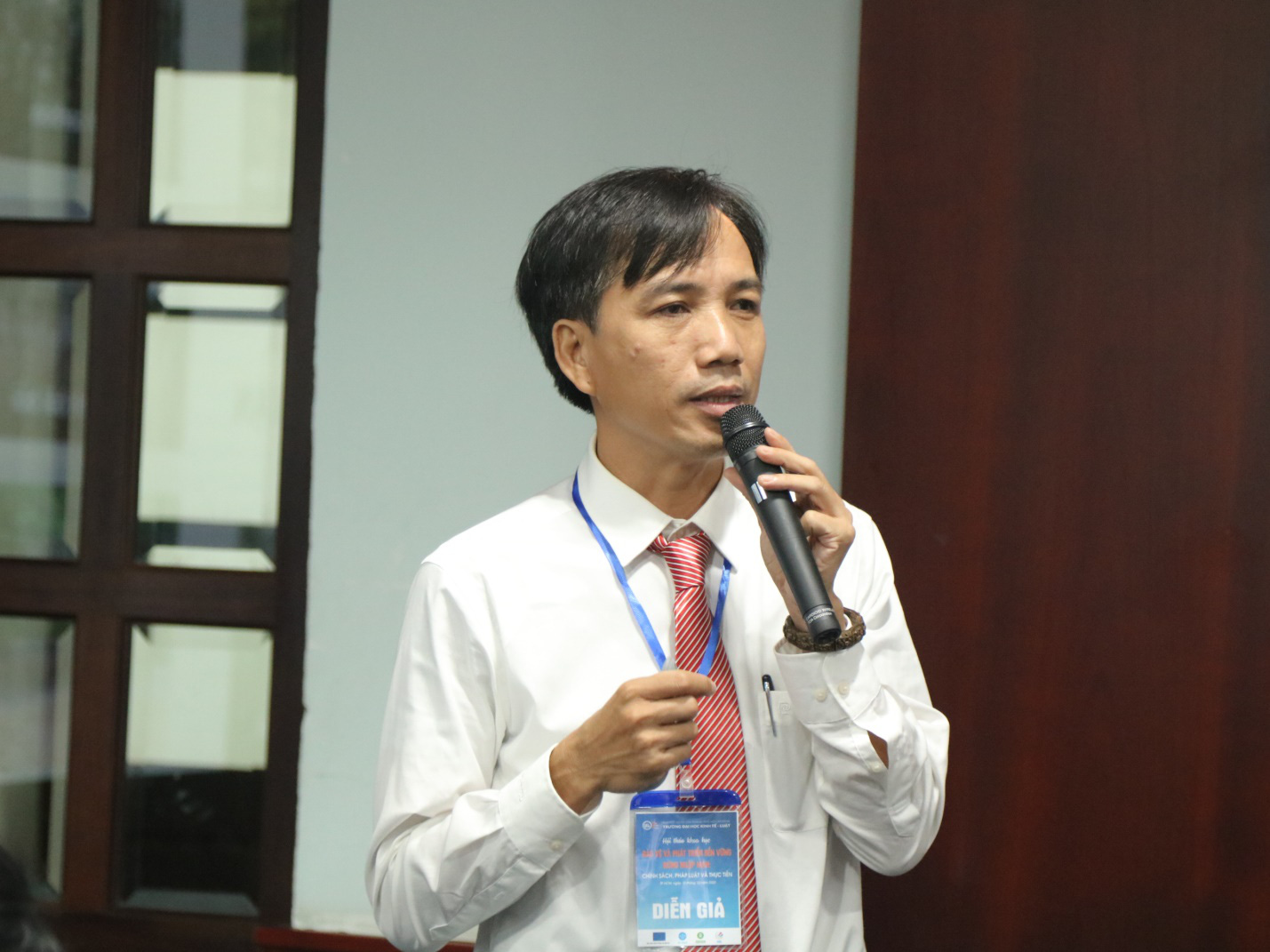The area of mangrove forests across Vietnam contracted by 250,000 hectares, or 62.5 percent, from 1945 to 2019, according to an expert from the Ho Chi Minh City University of Agriculture and Forestry.
During a seminar organized by the University of Economics and Law under the Vietnam National University-Ho Chi Minh City in collaboration with the Justice Initiatives Facilitation Fund (JIFF) on Wednesday, Dr. Pham Quang Tu, secretary of the JIFF, said that mangrove forests in Vietnam are considered among the most beautiful and valuable mangrove ecosystems in Southeast Asia.
Mangroves are habitats for many species of flora and fauna, preserve biodiversity, regulate climate, prevent erosion, protect the coast against high waves, reduce wind strength, and stabilize shorelines, Tu added.
In terms of socio-economic benefits, mangroves provide aquatic products, fuelwood materials, medicinal herbs, as well as touristic destinations.
These benefits are proven by data from domestic and foreign scientists at different ecological scales and regions.
However, Dr. Truong Van Vinh, deputy head of the forestry faculty at the Ho Chi Minh City University of Agriculture and Forestry, said that the area of mangroves is vanishing rapidly.
It is estimated that the world loses about two percent of the total forest area every year, mainly due to human activities, according to Vinh.
In Vietnam, the combined area of mangrove forests was estimated at around 400,000 hectares in 1945.
However, a report of the Vietnam Administration of Forestry showed that the total area of mangroves in the country shrank to 150,000 hectares in 2019, equivalent to a 62.5-percent loss.
Most of the mangroves are concentrated in the southern region, with mangrove forests in the Mekong Delta area accounting for 90,000 hectares, according to this year’s statistics.
At the event, Vinh suggested a number of solutions to make the public pay for benefits brought about by the mangrove forests as a way to raise their awareness and educate them to not take the forests for granted.
Dr. Vo Trung Tin, working at the commercial law faculty of the University of Economics and Law, hailed Vinh’s ideas as economically feasible.
Wednesday’s seminar is part of a project aimed at raising people’s awareness of the law on forest protection and developing the livelihood of more than 1,500 households contracted to protect forests and those living in Can Gio District, home to the Can Gio Mangrove Forest, which was recognized as a World Biosphere Reserve by UNESCO in 2000.
Like us on Facebook or follow us on Twitter to get the latest news about Vietnam!






















































